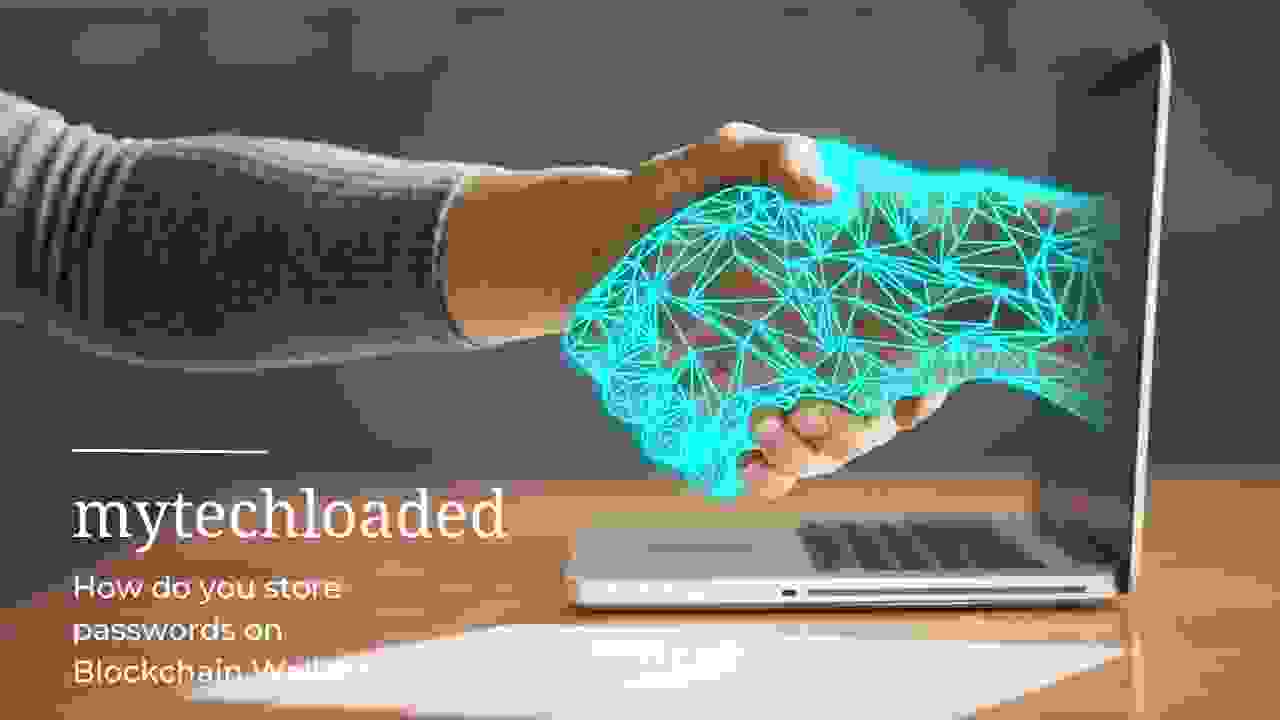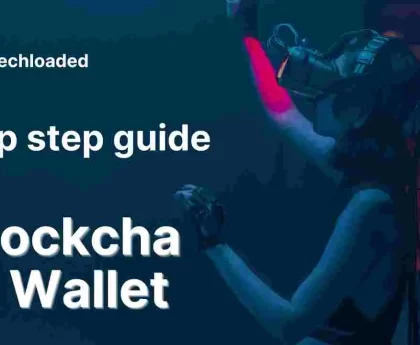In the digital age, where online security is paramount, finding a secure and reliable way to store passwords is crucial. Blockchain technology has emerged as a game-changer in various industries, and it is now being leveraged to enhance password security for cryptocurrency wallets. In this blog, we will explore how blockchain technology can be utilized to securely store passwords on a blockchain wallet. We will discuss the advantages, potential challenges, and best practices to ensure the utmost protection of your sensitive information.
Understanding Blockchain Technology
Before delving into password storage on a blockchain wallet, let’s briefly understand what blockchain technology is. At its core, a blockchain is a decentralized, distributed, and immutable ledger that records transactions across multiple nodes in a secure and transparent manner. It utilizes cryptographic techniques to ensure the integrity and authenticity of the data stored on it.
Benefits of Storing Passwords on a Blockchain Wallet
Enhanced Security
Blockchain technology offers a high level of security, making it an attractive option for storing sensitive data like passwords. Unlike traditional centralized systems, where a single point of failure can compromise all user data, blockchain’s decentralized nature distributes data across the network. Each data block contains a cryptographic hash of the previous block, creating an unbreakable chain of information. This makes it incredibly difficult for hackers to alter or tamper with the stored passwords.
Immutability
Data stored on a blockchain is immutable, meaning once information is recorded, it cannot be altered or deleted. This characteristic provides an added layer of security for password storage, ensuring that any changes to passwords are permanently logged and traceable. Even administrators or wallet providers cannot modify users’ passwords without their consent, enhancing user control and privacy.
Privacy and Anonymity
Blockchain wallets are designed to be pseudonymous, allowing users to conduct transactions without revealing their personal information. When a user creates an account on a blockchain wallet, a cryptographic key pair (public and private keys) is generated. The private key, known only to the user, acts as the password to access the wallet. This provides an additional layer of privacy, reducing the risk of identity theft and unauthorized access.
Multi-factor Authentication (MFA)
Blockchain wallets can incorporate multi-factor authentication (MFA) to further secure user accounts. MFA requires users to provide multiple forms of identification before gaining access to their wallets. This can include a combination of something they know (password), something they have (a mobile device), and something they are (biometric data). By implementing MFA, blockchain wallets add an extra layer of defense against potential breaches.
Challenges and Risks
Irreversible Password Recovery
While the immutability of blockchain technology provides robust security, it also poses a challenge when it comes to password recovery. In traditional systems, if users forget their passwords, they can usually reset them through a centralized authority. In contrast, blockchain wallets do not store password information centrally, which means there is no traditional “forgot password” option. Users must be diligent in safely storing their private keys or backup phrases to avoid permanently losing access to their funds.
Vulnerabilities in Smart Contracts
Some blockchain wallets employ smart contracts to manage password authentication and access control. Smart contracts are self-executing contracts with predefined conditions and actions. However, if not coded and audited properly, smart contracts may contain vulnerabilities that can be exploited by attackers. Wallet developers must conduct thorough security audits to identify and rectify potential vulnerabilities in their smart contracts.
Phishing Attacks
Phishing attacks remain a concern in the blockchain space. Hackers may attempt to deceive users into disclosing their passwords or private keys through fake websites or emails that appear legitimate. Blockchain wallet providers should educate users about phishing risks and implement additional security measures to prevent such attacks.
Best Practices for Secure Password Storage on Blockchain Wallets
Create Strong Passwords
Encourage users to create strong passwords that are unique, complex, and not easily guessable. Implement password strength meters to guide users in creating robust passwords.
Implement Multi-factor Authentication (MFA)
Enable MFA as an optional security measure for users. Educate users about the importance of enabling MFA to add an extra layer of protection to their accounts.
Use Hardware Wallets
Consider using hardware wallets for added security. Hardware wallets are physical devices that store private keys offline, minimizing exposure to potential cyber threats.
Provide Backup and Recovery Options
Offer clear instructions to users on how to safely back up and store their private keys or recovery phrases. Encourage users to keep multiple backups in secure locations.
Regular Security Audits
Conduct regular security audits of the blockchain wallet’s smart contracts and infrastructure to identify and address potential vulnerabilities promptly.
Conclusion
Blockchain technology presents an exciting opportunity to revolutionize password storage and enhance security in cryptocurrency wallets. The decentralized and immutable nature of blockchains offers robust protection against unauthorized access and tampering. By adhering to best practices, educating users about potential risks, and continuously improving security measures, blockchain wallet providers can ensure the safety of their users’ passwords and foster a more secure and trustworthy cryptocurrency ecosystem.




